My Big Fat Muslim Wedding
Asra Nomani ditched the guy she loved and wed a man she hardly knew. What went on behind closed doors would change her life.
On the night of my wedding, I sat stiffly on a red velvet sofa in the main hall of the Margala Motel in the city of Islamabad in Pakistan, a picture-perfect image of a traditional South Asian bride. With an embroidered chiffon scarf over my hair and a cascade of shiny 24-karat gold necklaces around my neck, I kept my kohl-rimmed eyes cast downward, following the instructions of my hovering aunts. I caught a glimpse of my face, caked with makeup, reflected in my bangles. I didn't know the woman who stared back at me. I thought, What am I doing here?
The journey had begun when I was a little girl, growing up in a Muslim family in the city of Hyderabad in southern India. There's a photo of me as a toddler, my sullen face peeking out from layers of bridal finery—part of a tradition that sets Muslim girls on the path to marriage. When I was 4, I boarded a TWA flight headed for America, where my family and I would start a new life while my dad pursued his Ph.D. I went to school in Morgantown, WV, and did modern things like run cross-country, but lived by traditional Islamic rules regarding love and marriage. I believed I had to marry a Muslim—better yet, a man with South Asian roots.
To me, abiding by the dictates of my culture and religion meant finding a love that would be halal, or legal, according to Islamic law. As a girl, I had learned to live by the hudood, or sacred boundaries, of traditional Muslim society: I never dated, and I never went to the junior high school dances. My senior year at Morgantown High, standing by my red locker, I politely refused the class president when he invited me to the prom. "I can't," was all I could say. And I couldn't. It would be haram—unlawful.
Eventually, I crossed the sacred boundaries by falling in love with a student at West Virginia University, where I was an undergraduate. He was a clean-cut Special Forces National Guardsman with a can of Skoal in the back pocket of his Levi's. A Catholic of Polish ancestry, he wasn't the man I was supposed to love. The day we consummated our relationship, I cried, having surrendered my virginity before my wedding night. When my mother found out about the guy, she gave me a command: "Stop."
I didn't, of course. We continued to go out for four years. Then, during graduate school in Washington, D.C., I dated a blond surfer from California and celebrated Christmas with his family. A year later, I found myself in Chicago, smitten with a Lutheran from Iowa. One spring Saturday afternoon, I sat on a bench in Lincoln Park with him after almost three years together. "I love you," he said. "I want to marry you." He should have been Mr. Right. I loved him deeply. But I looked away.
It was a defining moment—my desires doing battle with the cultural expectations surrounding me. I repeated the mantra I had internalized: "I can't." He protested, saying he would learn my native language of Urdu and even convert to Islam. I shook my head, "No. I can't." I broke his heart, and my own.
Not long afterward, I received a call from a guy I'd known at grad school. He was Pakistani and Muslim, but living in America, fully assimilated into the culture. My heart leapt. We talked and flirted deep into the night. By morning, I was punch-drunk happy at the prospect of a love that wouldn't be forbidden.
Stay In The Know
Get exclusive access to fashion and beauty trends, hot-off-the-press celebrity news, and more.
On Valentine's Day in 1992, we met for dinner. An employee of The World Bank, he was a former cross-country runner, just like me, with two cats—again, just like me. A week later, we got engaged. After a month, I moved into his high-rise apartment in Chevy Chase, MD. My parents weren't thrilled that we were living together before marriage, but at least he was a Muslim.
NEXT PAGE: -->
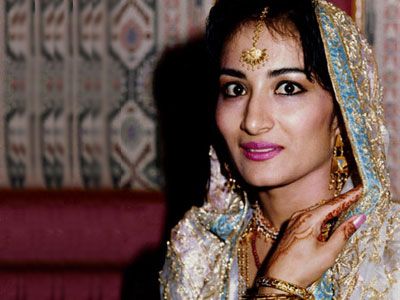
Nine months later, I boarded a Pakistan International Airlines flight to our wedding in his hometown. Sure, I had doubts, but I felt I was finally meeting the expectations that my religion, my culture, and my family had for me.
The day of our wedding, I sat in a chair at the Mee Lee Beauty Parlour in Islamabad, run by a Chinese immigrant, Mrs. Lee Chu Liu. "Now we wax your arms and bleach your face," the hairdresser told me. I passed. That night, my husband and I were married, although I didn't stand beside him to say my vows; we were wed in separate rooms, per tradition. Some 300 guests came, most of them strangers to me.
As my wedding flowed into my honey-moon in Paris and the first few weeks of marriage, some issues I'd ignored throughout our brief romance started to haunt me. My husband, charming with friends by day, would simply shut down at night. We would have rather passionless, perfunctory sex, and then he'd roll over, turn his back to me, and fall asleep. I had naively thought this would change over time. It didn't.
When I would try to gently talk with him about it, he'd cut me off. He had been raised in a family where it's just not the sort of thing you discuss. To avoid the growing tensions, I started working late at my newspaper job instead of hurrying home to see him. Our conversations became increasingly disconnected. I began crying myself to sleep.
Within three months, I'd had enough. Depressed, I retreated to my parents' home to regain my equilibrium. I feared their wrath—after all, they'd had an arranged marriage and made it work—but they saw the gloom on my face, and understood. My father said, "We want to save you, not the marriage."
After a couple of weeks, I returned to meet my husband at a Houlihan's restaurant. When I began to talk with him about our problems, he literally bolted, jumping over the steel railing of the outdoor patio where we'd been sitting.
His father is the one who ended the relationship. He called me one day to announce, "It's over." Later at my office, I got a piece of mail, which my husband had signed with the three words "Talaq, talaq, talaq," meaning "I divorce you, I divorce you, I divorce you." According to traditional interpretation, a Muslim man has to simply utter this word three times to divorce his wife.
Then I realized—I had loved with prejudice, basing my affections not on inner compatibility, but on external markers like race, religion, ethnicity. Over the years, as I grew to become an activist in the Muslim world, I understood that one of the most fundamental ways Islamic legal traditions control women is through love, with a ban on marrying men who aren't Muslim. Today, thankfully, some women and clerics are challenging the practice. To me, that's a good thing for the Muslim world, because I believe a society's ability to accept marriages that cross racial and religious lines is a direct expression of its tolerance.
This year, my convictions were put to the test. I had met a wonderful man in Washington, D.C., where I now live. A U.S. Army officer specializing in Islam and South Asia, he knew the religion better than many born into the faith—but he wasn't Muslim. He had traveled along the Ganges River in India and through the Khyber Pass in Pakistan—but he was born and bred in Tennessee. Could I love him? Marry him? He gave me red roses, love letters, scarves in pink (my favorite color). One night, he played me "When Love Is New" by Dolly Parton and Emmy Rossum. The bluegrass music hit a chord with the West Virginia girl in me.
On Valentine's Day, we climbed over the boulders leading to Sky Rock, one of the highest peaks in my hometown of Morgantown. Then he knelt down in front of me and, gazing up into my eyes, said, "I love you. Will you be one with me?" I smiled and spoke from my heart: "Yes." And snowflakes fell like confetti from the sky.
Asra Nomani is the author of Tantrika and Standing Alone in Mecca. She has written for The Wall Street Journal, The New York Times, and The Washington Post.
For more on Asra Nomani's battle for women's rights in mosques, go to themosqueinmorgantown.com. To listen to Nomani win a debate on the right of Muslim women to choose whom they marry, go to thedohadebates.com.
-
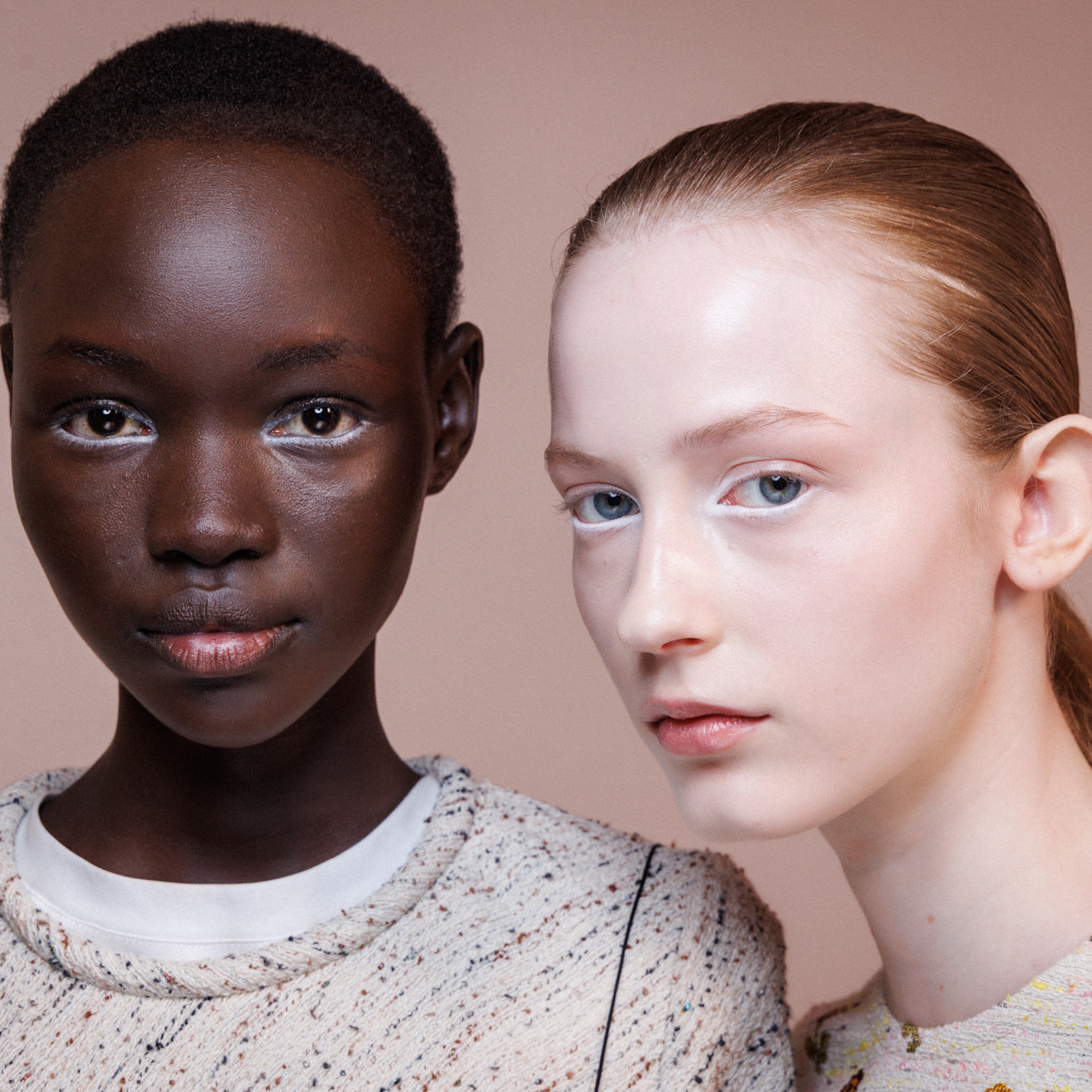 Leather Accord and Basil Make the Sexiest, Most Mouthwatering Fragrances
Leather Accord and Basil Make the Sexiest, Most Mouthwatering FragrancesLight, fresh, and perfect for summer.
By Ariel Baker
-
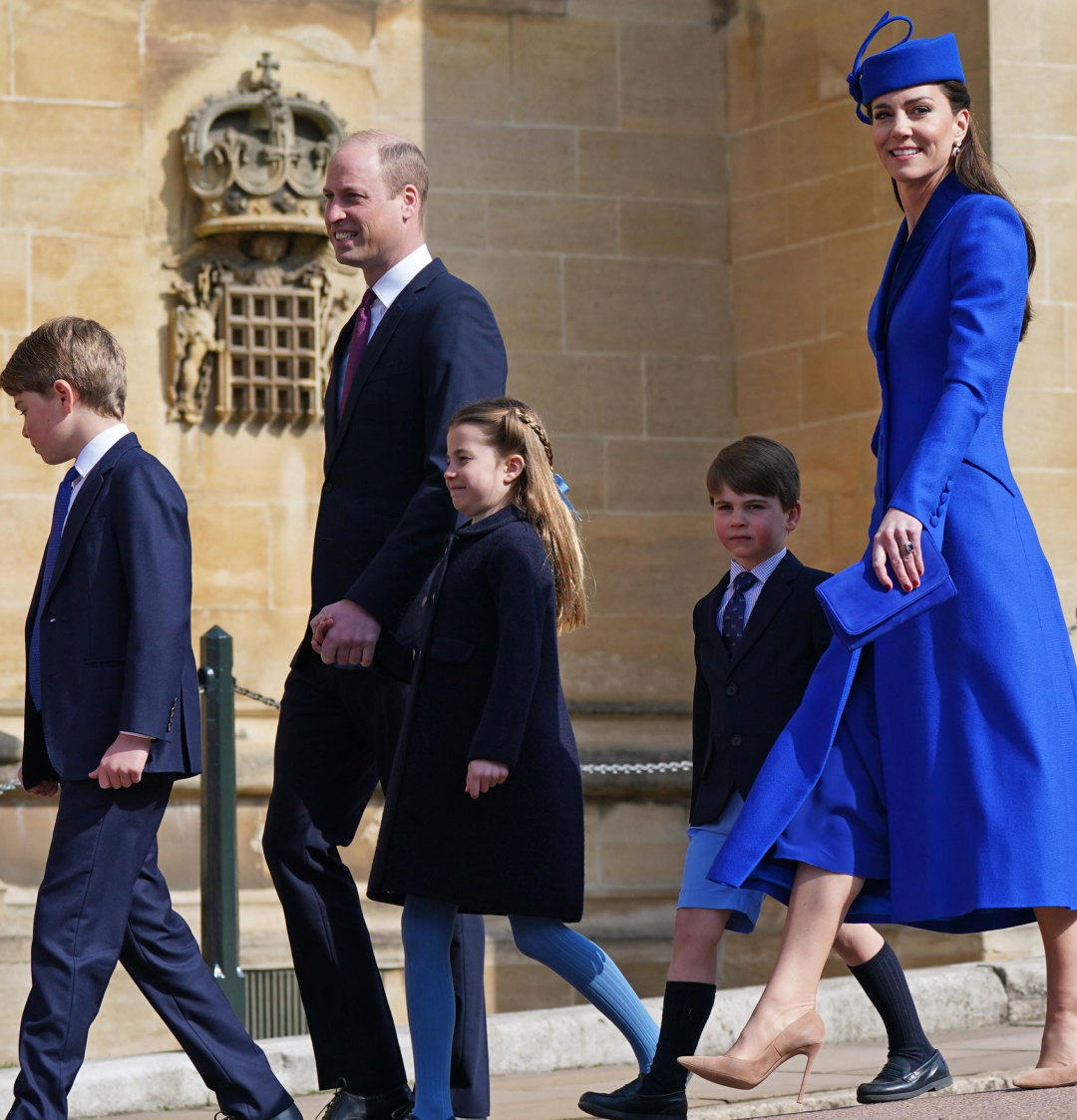 Princess Kate Is Trading Her Easter Sunday Hat for Skinny Jeans After Skipping Royal Easter Celebration
Princess Kate Is Trading Her Easter Sunday Hat for Skinny Jeans After Skipping Royal Easter CelebrationHere's what the Wales family is doing instead.
By Kristin Contino
-
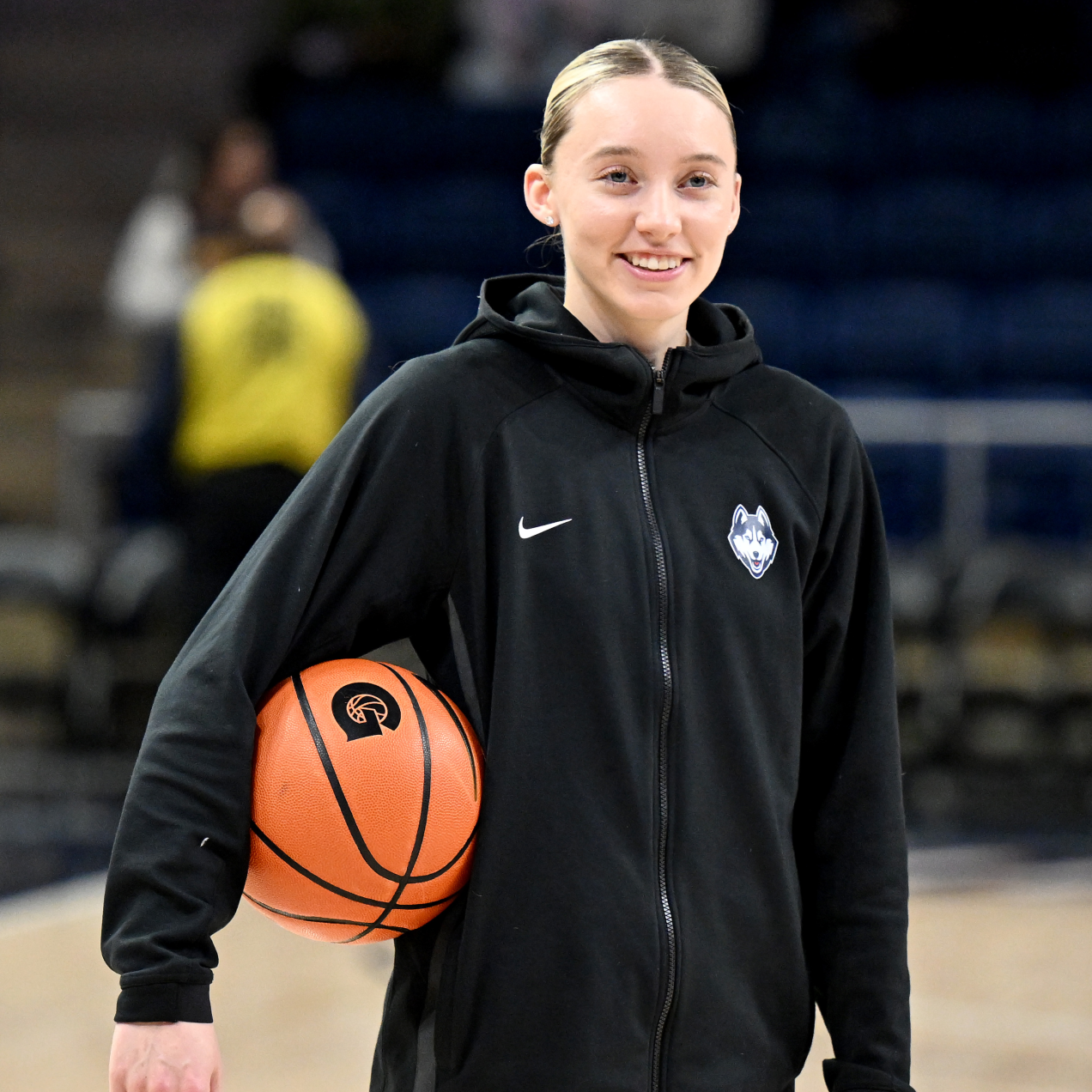 Allow Paige Bueckers to Be Your Summer Hair Inspiration
Allow Paige Bueckers to Be Your Summer Hair InspirationThe basketball star stopped by 'Good Morning America' and I simply can’t stop staring at her color.
By Ariel Baker
-
 30 Female-Friendly Porn Websites for Any Mood
30 Female-Friendly Porn Websites for Any MoodFeatures All the best websites, right this way.
By Kayleigh Roberts
-
 The 82 Best Cheap Date Ideas for Couples on a Budget
The 82 Best Cheap Date Ideas for Couples on a Budget"Love don't cost a thing." —J.Lo
By The Editors
-
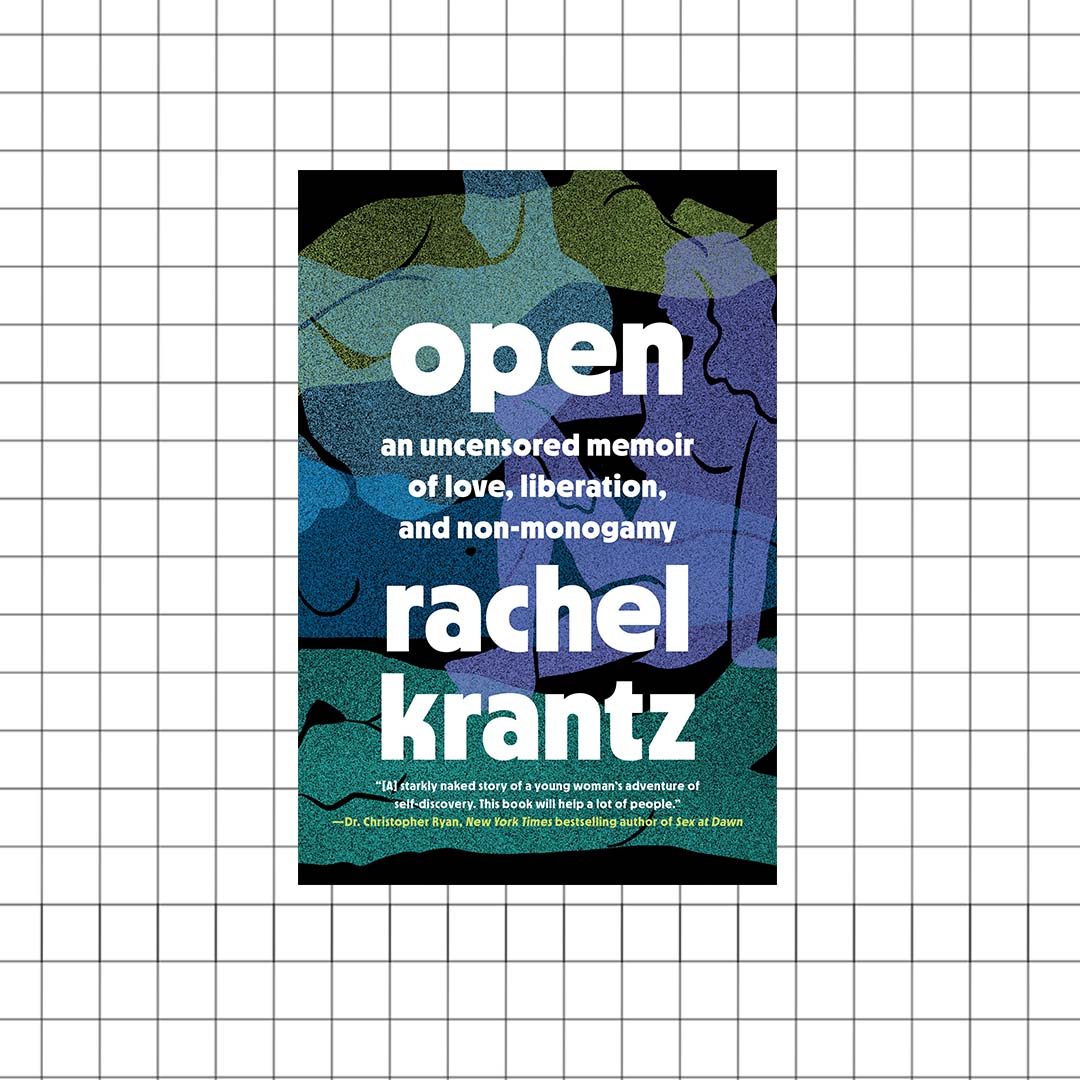 Diary of a Non-Monogamist
Diary of a Non-MonogamistRachel Krantz, author of the new book 'Open,' shares the ups and downs of her journey into the world of open relationships.
By Abigail Pesta
-
 COVID Forced My Polyamorous Marriage to Become Monogamous
COVID Forced My Polyamorous Marriage to Become MonogamousFor Melanie LaForce, pandemic-induced social distancing guidelines meant she could no longer see men outside of her marriage. But monogamy didn't just change her relationship with her husband—it changed her relationship with herself.
By Melanie LaForce
-
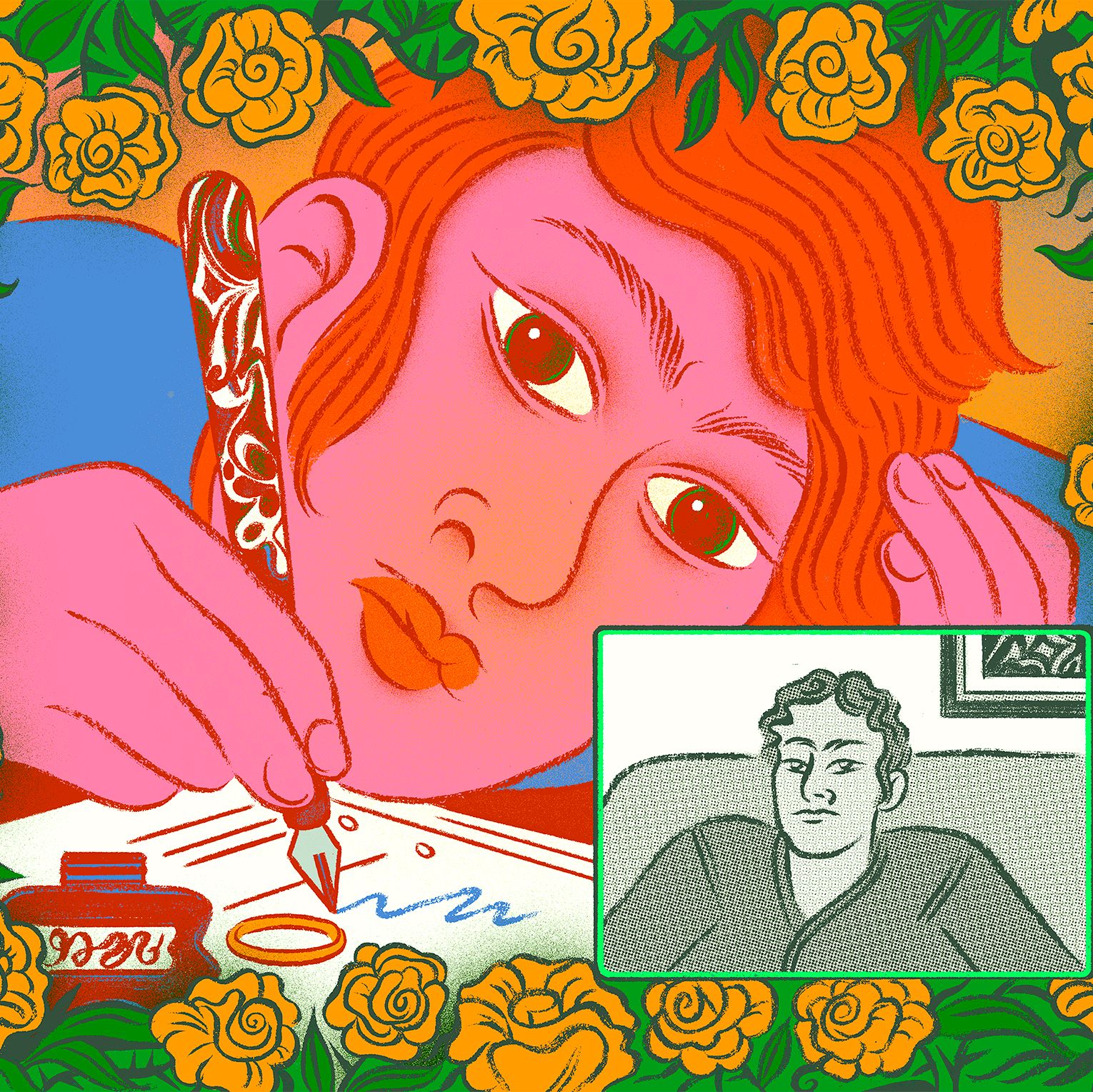 COVID Uncoupling
COVID UncouplingHow the pandemic has mutated our most personal disunions.
By Gretchen Voss
-
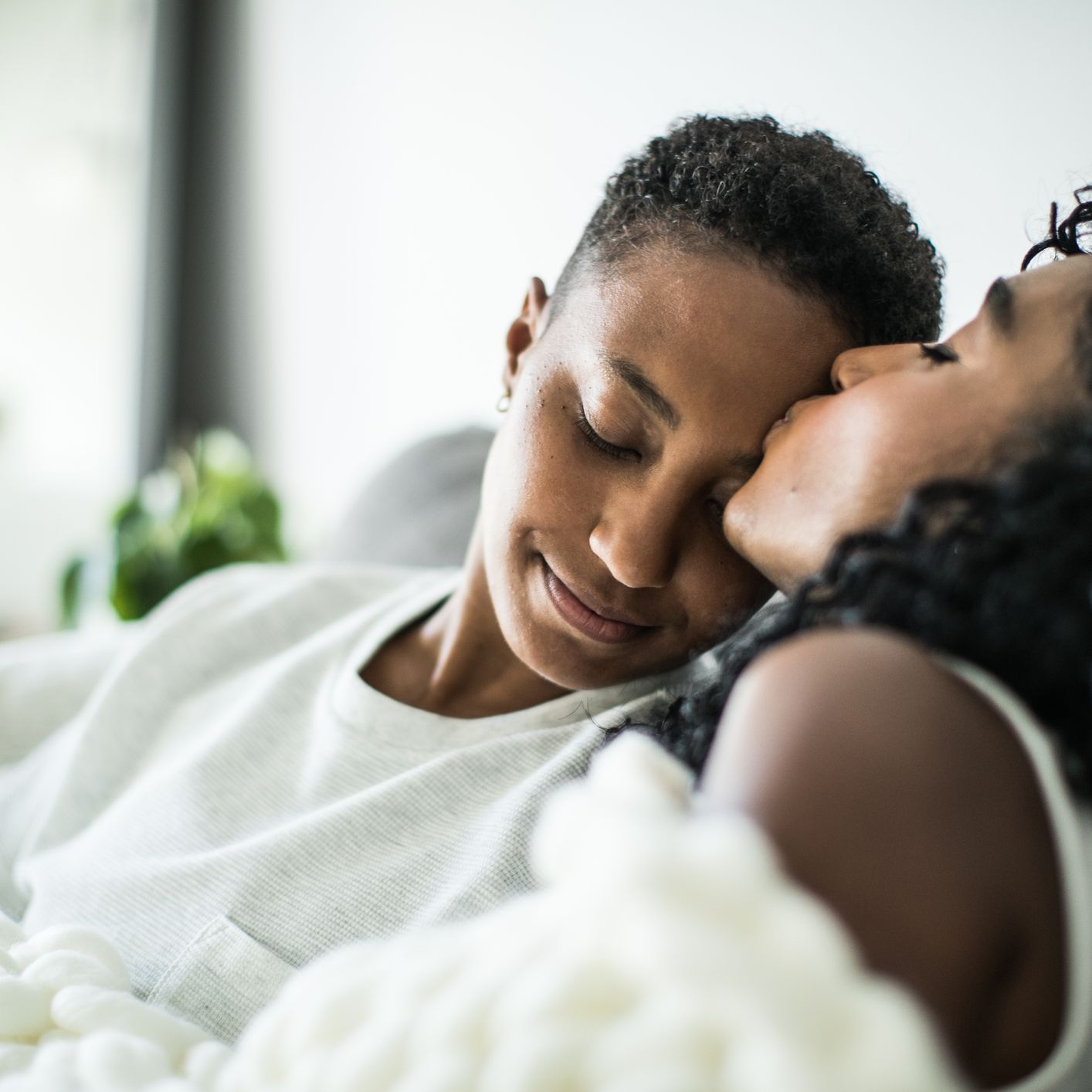 16 At-Home Date Ideas When You're Stuck Indoors
16 At-Home Date Ideas When You're Stuck IndoorsFeatures Staying in doesn't have to be boring.
By Katherine J. Igoe
-
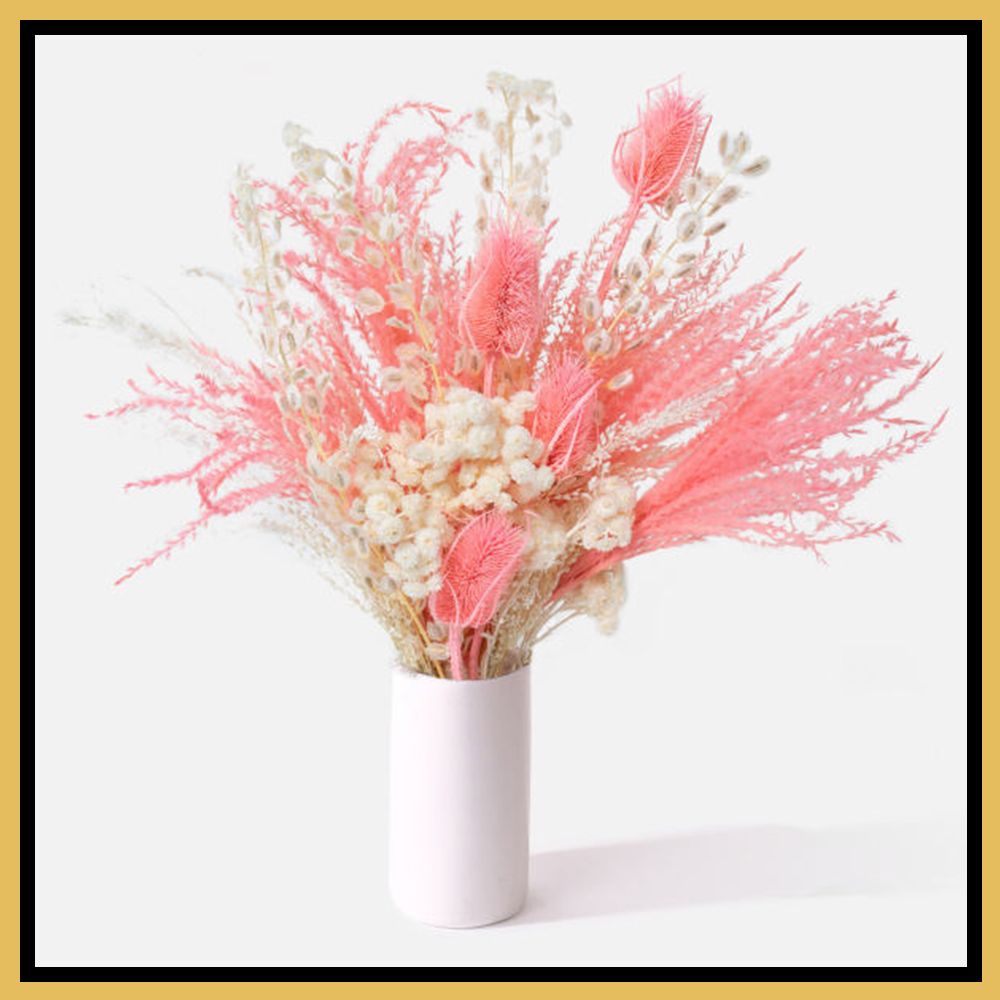 Long Distance Relationship Gift Ideas for Couples Who've Made It This Far
Long Distance Relationship Gift Ideas for Couples Who've Made It This FarAlexa, play "A Thousand Miles."
By Jaimie Potters
-
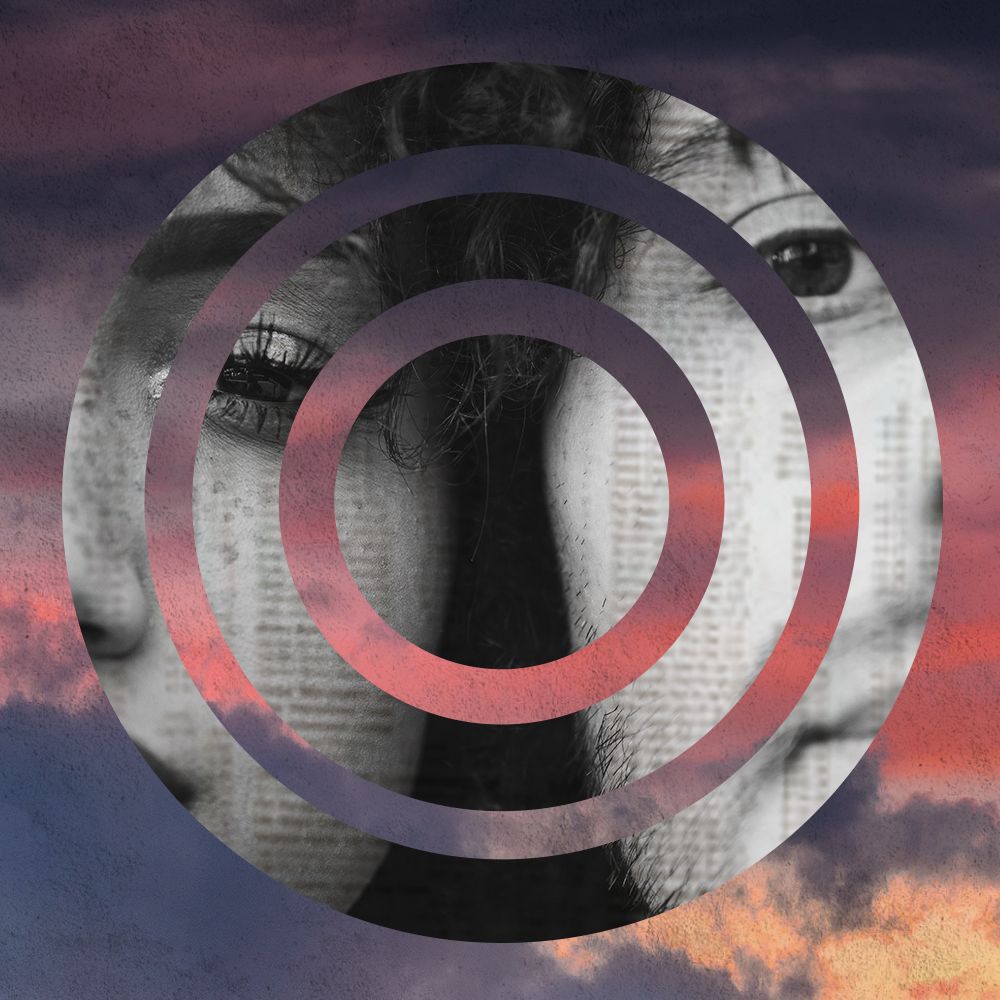 15 Couples on How 2020 Rocked Their Relationship
15 Couples on How 2020 Rocked Their RelationshipFeatures Couples confessed to Marie Claire how this year's many multi-stressors tested the limits of their love.
By Sherry Amatenstein, LCSW